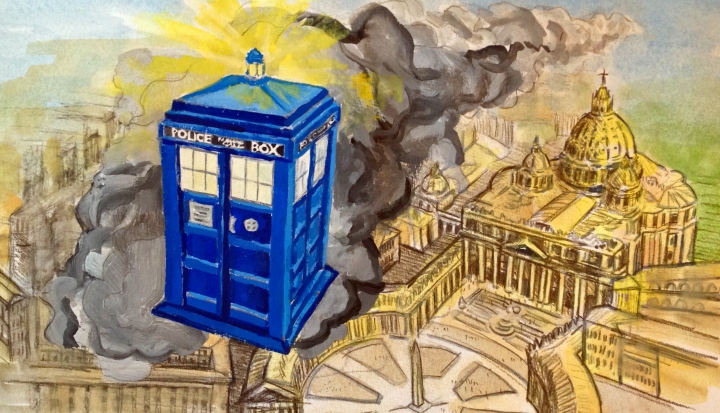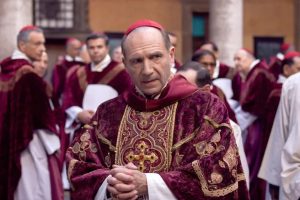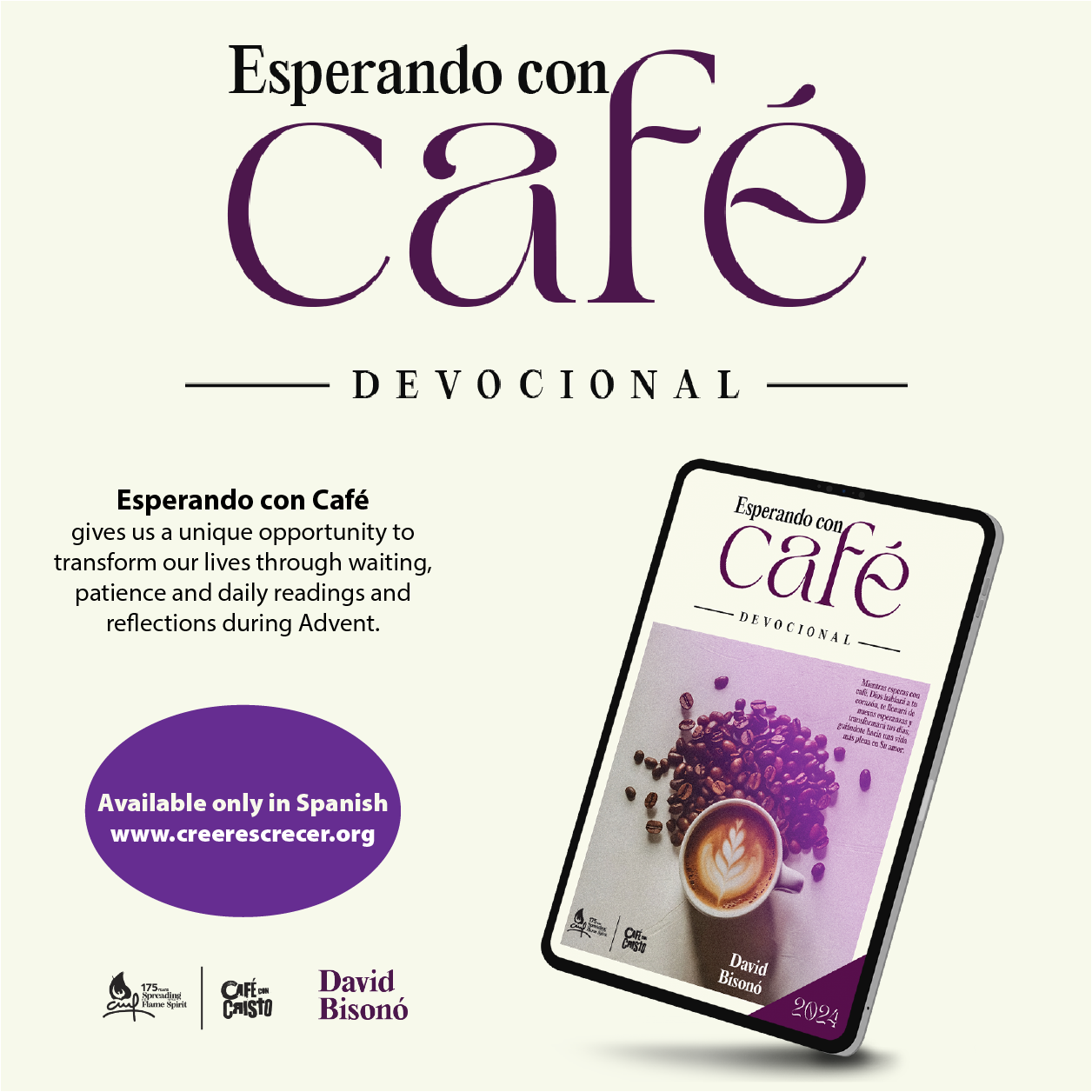What do a time-traveling alien and the influential church council have in common? More than you might think.
Fifty years ago, under the loving guidance of Pope John XXIII, the Catholic Church gathered at St. Peter’s Basilica to inaugurate what would become one of the most influential events in the life of the church in the 20th and now 21st centuries: the Second Vatican Council. Fifty years ago another gathering, albeit slightly less auspicious, took place. On November 23, 1963, families gathered around their black and white televisions to watch the premiere of a new television show, the mysteriously named science fiction series Doctor Who. There they were introduced to a curious time-traveling alien who traversed space and time in what appeared to be a Police Call Box that is, as has been repeated innumerable times since then, “bigger on the inside than on the outside.” The landscape of television and science fiction had been forever changed as the Doctor and his companions slowly and delightfully shifted our expectations of what is possible.
Yet while many of us may be familiar with the Second Vatican Council, we may be less familiar with Doctor Who. So just who is this time traveler who calls himself “the Doctor?” That mystery has been delighting fans for 50 years. Nevertheless, as the thousands of screaming fans who lined the halls of this year’s International Comic Con in San Diego could tell you, the Doctor is a Time Lord, the last survivor of an alien race from the distant planet of Gallifrey. We also know that his lifespan extends far beyond that of human beings. His body regenerates when he is mortally wounded, thus cleverly extending the story line through the years with different actors and personalities playing the part.
And yet under all of the many layers of mythology, we find a beautiful soul. The Doctor, despite his many quirks and enigmas, loves the universe. He loves to explore it. He loves to share its wonders with the people he meets. And above all, in the vast expanse of space and time, the Doctor loves humanity. While not unaware and eminently critical of the evils that humanity is capable of, the Doctor nevertheless loves the human spirit. He delights in his chance meetings with historical figures such as Agatha Christie, Vincent van Gogh, and Queen Victoria. He is filled with admiration for humanity’s growth and expansion into the stars. As the Doctor once pleaded with his nemesis, the Master, “You don’t have to own the universe. Just see it. To have the privilege of seeing the whole of time and space, that’s ownership enough.” And beyond seeing it, it often falls to this lonely Time Lord to save it.
At first glance, bringing Doctor Who into conversation with the Second Vatican Council may seem like an odd or arbitrary choice, even for voracious fans. However, the Second Vatican Council honestly sought dialogue with the “modern world,” of which television was becoming an influential part. The members of the council even promulgated a document on social communications, Inter Mirifica, which not only touched upon the topic of television but also recognized its ability to “contribute generously to the refreshment and refinement of the spirit” (IM §2). And in a sea of unimaginative, rehashed crime dramas, superficial reality shows, and dark tales of serial killers, Doctor Who certainly meets the contemporary bar of “refreshment and refinement of spirit.” It does this not only through the great imagination of its writers—who remind the viewers that the new and unexpected still exists—but also through the values apparent at the core of the series.
Of the wide array of Catholic values endorsed by the council, few received as much attention as the dignity of the human person and the importance of the common good. The council returned to these preeminent values again and again in their document Gaudium et Spes (The Pastoral Constitution on the Church in the Modern World). In light of this, Doctor Who does more than just nurture a belief in the inherent dignity of every human being and promote the importance of the common good. Doctor Who expands upon these values. That intrepid alien from Gallifrey who would rather die than carry a gun promotes the dignity of life far beyond humanity. In every encounter with a new race, in every discovery of a new life form, even in every conflict with some unforeseen monster, the Doctor always pleads for every living being’s right to life, dignity, and peace.
What makes the Doctor exceptional is that he extends this plea beyond the innocent and inherently good to those species that have committed extreme acts of violence. Valuing all life, the Doctor has begged his enemies to take a path that leads them away from violence, defeat, or sure destruction. The Slitheen, Saturnyne, and even the Doctor’s most legendary foe, the Daleks, have all been given a chance to walk away from their murderous ways and to continue their lives in peace. That his enemies rarely take him up on that invitation does not diminish the importance of this display of respect for the lives of all.
Another value embraced by the council was the importance of working toward the common good. This, too, is a value that is dear to the Doctor’s heart—or his two hearts, as the case may be with his alien physiology. The Doctor is often seen facilitating two or more species working together for the sake of humanity or the universe, believing that similarities can overcome differences. In one such instance the Doctor painstakingly worked with humans and Silurians to negotiate an arrangement where both species could live in peace on the surface of Earth, an arrangement that would draw from the strengths of both species for the benefit of all. Dialogue and communion was promoted as a way to a better future for everyone.
Species working together toward the common good—indeed, this is an imaginative expansion of the vision of the Second Vatican Council.
In fact, nearly every episode and every encounter portrayed on Doctor Who cleverly reflects back upon our own values and assumptions. How far would you go to love your enemies? What does it mean to respect all life? What is justice without charity? Are bow ties really cool? These are important questions. And questions like these abound on Doctor Who. Of course, with the whole of space and time as a backdrop to each episode, these questions just barely begin to scratch the surface of Doctor Who’s mysteries. With all of this, Doctor Who will certainly “contribute generously to the refreshment and refinement of the spirit” for years to come.
The Doctor Who 50th anniversary special will air on November 23, 2013.
This is a web-exclusive feature on uscatholic.org.
Image: John Christman, S.S.S.














Add comment